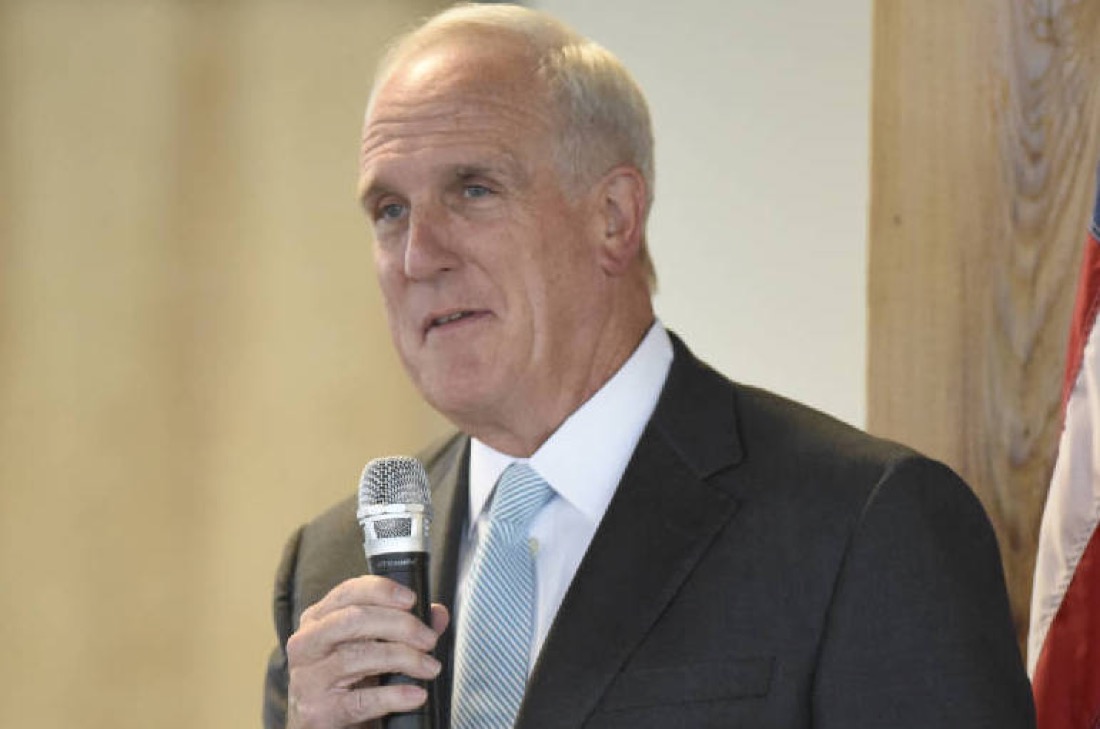NASHVILLE - Tennessee government has successfully "clawed back" $18.4 million in taxpayer-funded economic incentive grants given to 17 companies that officials say failed to fulfill job-creation and investment promises under the state's FastTrack Economic Development Grant program.
At the same time, state Economic and Community Development Commissioner Bob Rolfe said, the department has already referred nine additional companies to Tennessee Attorney General Herbert Slatery for legal action on grants involving $11 million.
Rolfe's office released the list of the companies to reporters after his appearance Tuesday before the Commerce, Labor, Transportation, and Agriculture Subcommittee of the General Assembly's Joint Government Operations Committee.
Members heard testimony on a blistering performance audit conducted by state Comptroller Justin Wilson's office. Among other criticisms, auditors said department "management did not establish adequate controls to mitigate risks" associated with Tennessee's FastTrack grant, which is intended to promote job creation in Tennessee.
Among those Slatery has sued is the now-bankrupt Textile Corp. of America, which in 2017 received $3 million in taxpayer-funded FastTrack funds. The money was to go for a Pikeville, Tennessee, manufacturing plant that was to create 1,000 jobs that never materialized.
Owners and twin brothers Karim and Rahim Sadruddin pleaded guilty last year to federal wire fraud and money laundering charges totaling millions of dollars. The brothers have been working with federal officials to sell off assets, and an estimated $1 million has been collected so far by federal officials, according to their attorneys, which they believe will go back to the state. The brothers are scheduled to go before a U.S. District Court judge in Chattanooga on Dec. 11 for sentencing, according to a court filing.
Slatery spokeswoman Samantha Fisher said state officials filed a Chancery Court civil lawsuit in Bledsoe County earlier this year against the company and are "pursuing the recovery of criminal restitution payments for the state of Tennessee/ECD from the Sadruddin brothers through the pending federal criminal court case."
District Attorney Mike Taylor said he is expecting to file state criminal charges against the brothers as well.
The state's FastTrack program issues taxpayer-funded grants to support company relocations and expansions with the goal of creating new jobs in Tennessee. Firms commit to specific new job positions, but Tennessee has granted them some leeway. For example, the department formerly gave companies credit if they met 80% of the new jobs target but later revised that to 90%.
In 2017, 2018 and 2019, the state poured an estimated $257 million into hundreds of FastTrack grants to existing Tennessee-based companies and other firms the state was seeking to recruit.
Auditors said they examined 60 grant recipients and found program management allowed 36 of them to opt out of a 26-week job requirement included in the accountability agreements "without following the contract amendment process." The department also gauges their efforts based on a three-year average.
Other problems included failures to establish internal controls to ensure grantees submitted timely and accurate reports. Moreover, auditors said, "we found that management did not establish a review that included a comparison of the company's self-reported data with any of the company's supporting documentation to ensure the data matched."
House Government Operations Committee Chairman Martin Daniel, R-Knoxville, questioned whether the Department of Economic and Community Development has problems in its twin role of being in charge of both recruiting companies and later monitoring their economic incentive contracts.
"I have spoken to other legislators who believe it is a conflict of interest and believe we need to turn accountability over to the comptroller's office," Daniel said.
Rolfe told reporters, "We are confident that the process we have deployed and the strategy to get this money back works. What we have discovered is that for the companies that have sent the money back, they get it."
He added "there are some companies, however, that may be under some financial duress, that just don't have the resources. So that doesn't give us a pass and it doesn't give them a pass. And as soon as we identify that a company has defaulted and we declare that default, we turn it over to the attorney general's office, and that is the law enforcement mechanism in our state to enforce state contracts."
Staff writer Mary Fortune contributed to this report.
Contact Andy Sher at asher@timesfreepress.com or 615-255-0550. Follow on Twitter @AndySher1.
Contact Mary Fortune at mfortune@timesfreepress.com or 423-757-6653.


